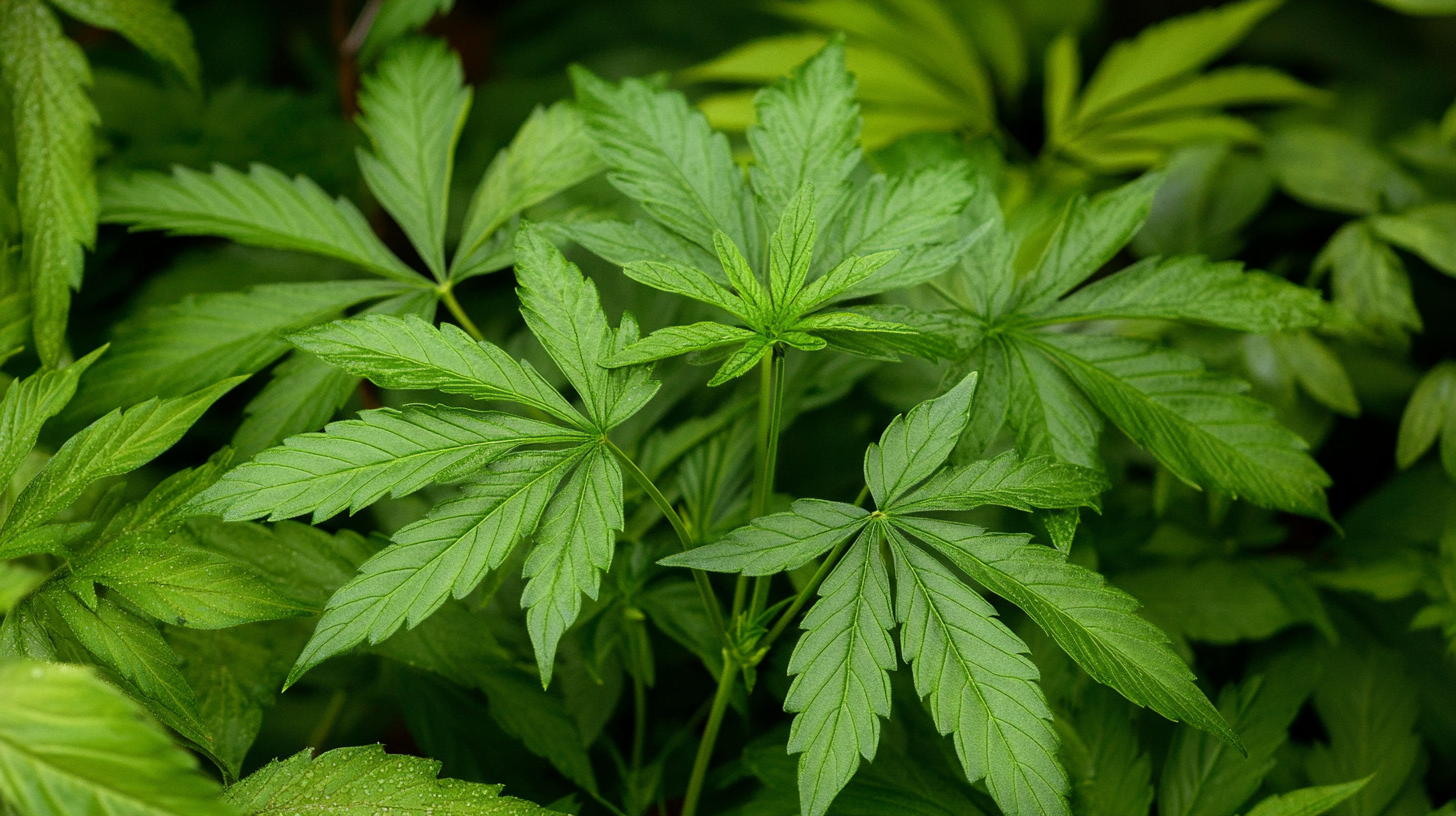Primary care providers are often on the front lines of addressing sleep disorders, with approximately 70 million Americans currently struggling with chronic sleep issues. Despite the high demand for sleep care, there are only 7,500 sleep specialists nationwide, and many diagnostic centers are 50% understaffed. Coupled with a projected physician shortage of 150,000 by 2034, patients are increasingly turning to direct-to-consumer solutions such as nasal strips, vitamin supplements, and cannabis products to manage their sleep problems.
But while cannabis products may be marketed as a quick fix, experts are now warning that they could actually be harmful for those dealing with sleep disorders, including obstructive sleep apnea (OSA). Understanding the real impact of cannabis on sleep is essential for healthcare providers and patients alike.
What Do Experts Say About Cannabis for Sleep Disorders?
According to the American Academy of Sleep Medicine (AASM) guidelines, cannabis is not recommended for treating obstructive sleep apnea or other sleep disorders. Dr. Bhanu Prakash Kolla, M.D., a specialist in sleep disorders and addiction at the Mayo Clinic, recently addressed the intersection of cannabis use and sleep health on the AASM podcast “Talking Sleep.” Below, we highlight five key insights from his discussion.
Cannabis is Not a Safe Treatment for Obstructive Sleep Apnea
Some studies suggest cannabis may reduce the apnea-hypopnea index (AHI), a measurement of the severity of OSA. However, this reduction is often clinically insignificant and does not translate into improved health outcomes. For example, if a patient’s AHI drops from 25 to 20, they would still experience moderate OSA and its associated health risks. Thus, the use of cannabis is not an effective or safe solution for managing OSA symptoms.
Cannabis Can Suppress REM Sleep
Cannabis, particularly THC, has been shown to decrease REM sleep significantly. While it may help induce sleep initially, the long-term impact includes increased daytime drowsiness and a heightened risk of motor vehicle accidents. Even for patients whose OSA is managed with a positive airway pressure (PAP) device, cannabis can undermine sleep quality by interfering with REM cycles.
Cannabis Use May Lead to Weight Gain
One side effect often reported by cannabis users is increased appetite, which can lead to weight gain. This presents a unique challenge for patients with sleep disorders, as higher body mass is a risk factor for developing or worsening OSA. Consequently, using cannabis could contribute to a negative feedback loop where sleep quality deteriorates as weight increases.
Sleep Quality Deteriorates After One Week of Use
The adverse effects of cannabis on sleep are not limited to immediate use. Over time, chronic use of THC can result in a reduction in slow-wave sleep, which is critical for physical restoration. These effects may become apparent as early as one week into habitual use, compounding the existing sleep issues patients are already facing.
There is No Strong Evidence Supporting Cannabis for Any Sleep Disorder
While there is ongoing research into medical marijuana for conditions like restless leg syndrome and insomnia, there is currently no definitive evidence supporting its use for any sleep disorder. Healthcare providers should be cautious when discussing cannabis use with patients and rely on established treatment methods until more research is available.
The popularity of cannabis as a potential solution for sleep issues is growing, but current research does not support its use for managing sleep disorders. In fact, cannabis may contribute to worsening conditions like OSA, disrupt REM sleep, and lead to weight gain—factors that complicate overall sleep health. Patients seeking effective sleep solutions should work closely with healthcare providers to explore safer, proven treatment options.
Discover Healthier Sleep Solutions With Konk Sleep
If you or a loved one is struggling with a sleep disorder, it’s crucial to consult with a healthcare professional. Visit Konk Sleep to explore your options and take the first step toward better sleep and improved health, all without leaving your home.

